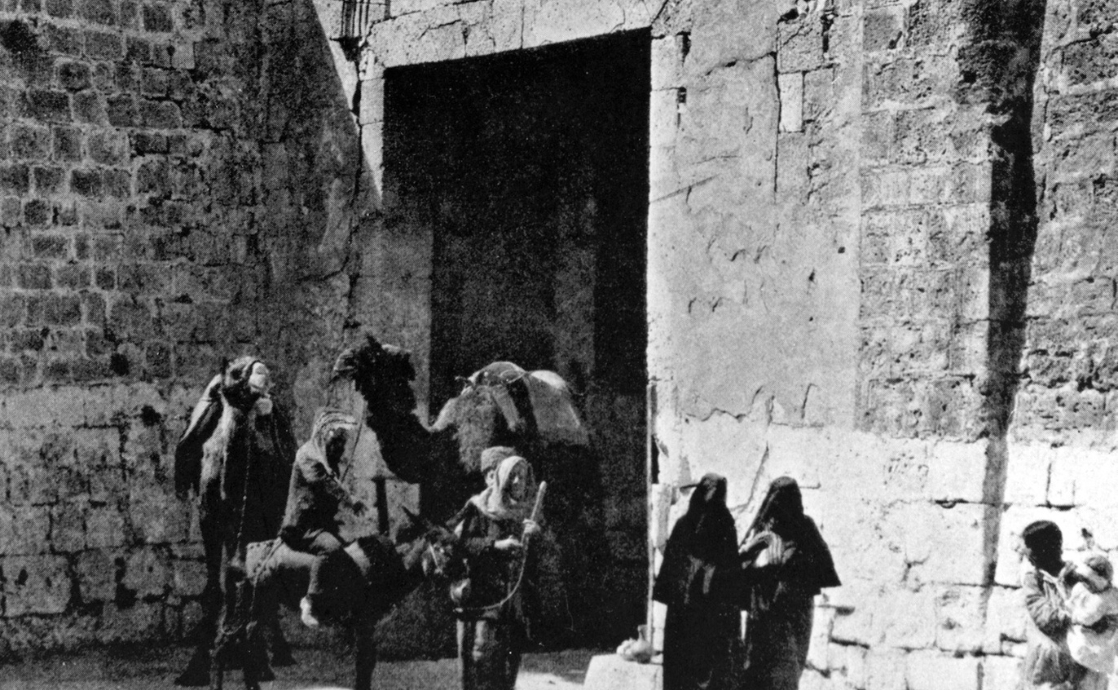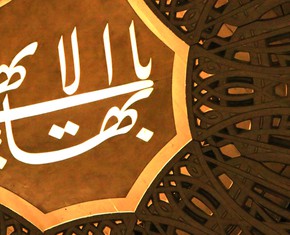The views expressed in our content reflect individual perspectives and do not represent the authoritative views of the Baha'i Faith.
After his release from prison, the Shah’s order of exile banished Baha’u’llah for life, resulting in the confiscation of his land and all other possessions, immediately making him homeless and impoverished.
What the anti-Babi mobs had not stolen by riot or outright theft, the Prime Minister now took by fiat, transferring the deeds to some of Baha’u’llah’s properties into his own name.
RELATED: Baha’u’llah’s Suffering and the Birth of a New Belief
It was the middle of winter in early 1853, and as the family considered the difficulties of travel to Baghdad over icy mountain passes, they feared that Navvab’s youngest child, Mihdi, who was in delicate health, would not survive the exile. For his protection, his parents reluctantly trusted him to the care of relatives in Persia. It would be several years before he was able to rejoin his family. But that loss was only one of the dire privations the refugees faced.
The grueling exile of Baha’u’llah from Persia to Iraq required a three-month, six hundred-mile journey, from January to April. The seventy people in the party of exiles walked, or rode on horses or mules. They progressed slowly through that severe winter, particularly as they passed over the mountains, and because the impoverished group had no warm clothes to protect them from the weather, frostbite afflicted Abdu’l-Baha’s hands and feet after riding all day in the frigid cold. They rode or walked through the raw stark whiteness of winter in the mountains, with no idea of what lay ahead.
As spring approached, the high mountain passes receded behind them. Coming closer to Baghdad, Baha’u’llah and his family and followers camped in an orange grove in full blossom for the Persian new year holiday on the vernal equinox in March. Despite Baha’u’llah’s banishment from the government, and in spite of their escort of mounted guards from the Persian government, Baha’u’llah continued to teach the Babi Faith through the villages as they traveled. As they passed from Persia to Iraq, Baha’u’llah found followers among the Kurds and Arabs. Some of the Arab and Kurdish followers expanded their retinue by traveling with them all the way to the gates of Baghdad.
In the mid-19th Century Baghdad was a major city of the Ottoman empire, well-known for its great mosques and city squares. Baha’u’llah and his family found a small house in the old quarter of Baghdad and began their life in exile. They would never return to their native country.
The flame kindled by the Bab and fueled by the hopes and lives of so many Babis was now nearly extinguished. The Persian Government’s campaign of genocidal extermination had done its terrible, bloody best to blot out the Babi Faith. The believers, now terrorized, traumatized, and scattered, had to practice their new Faith in secret. Many that had not lost their lives had lost their hope. The Bab and most of the leaders of His new Faith had gone to their deaths at the hands of a brutally repressive government. The hopes of this new Faith had never ebbed lower.
RELATED: Baha’u’llah: Turning the Earth into Paradise
After nearly a year in Baghdad, without telling people his intentions, Baha’u’llah left one morning for the rugged, desolate northern mountains of Iraqi Kurdistan near Sulaymaniyyih:
At length I gave up My home and all therein, and renounced life and all that appertaineth unto it, and alone and friendless, chose to go into retirement. I roamed the wilderness of resignation, travelling in such wise that in My exile every eye wept sore over Me, and all created things shed tears of blood because of My anguish. The birds of the air were My companions and the beasts of the field My associates.
Like all of the prophets and messengers who came before him, Baha’u’llah sought solace, refuge, and retreat in the wilderness.
















Comments
Sign in or create an account
Continue with Googleor